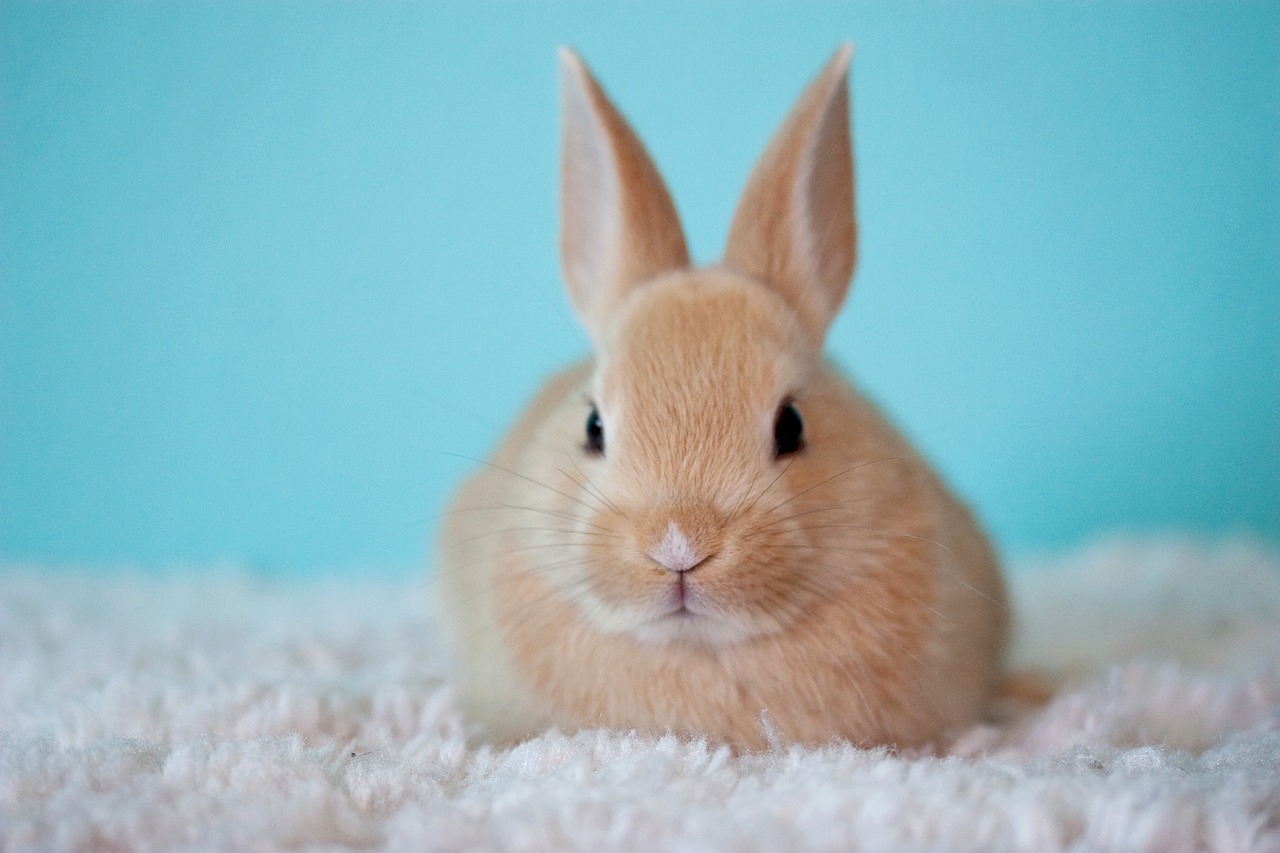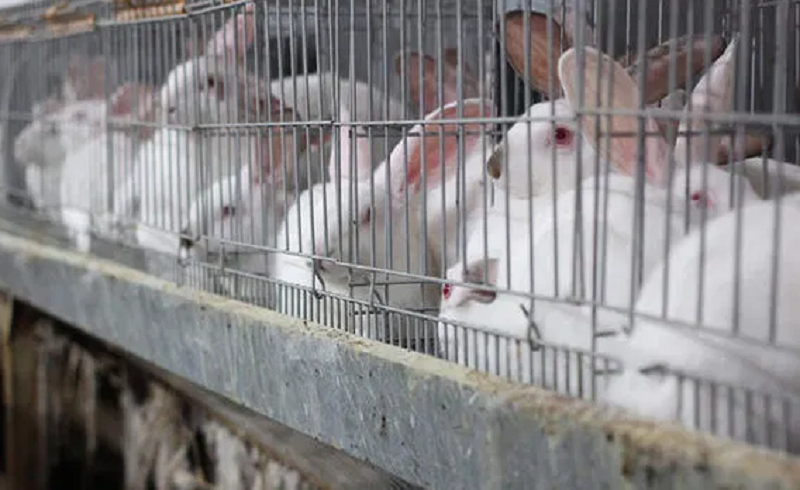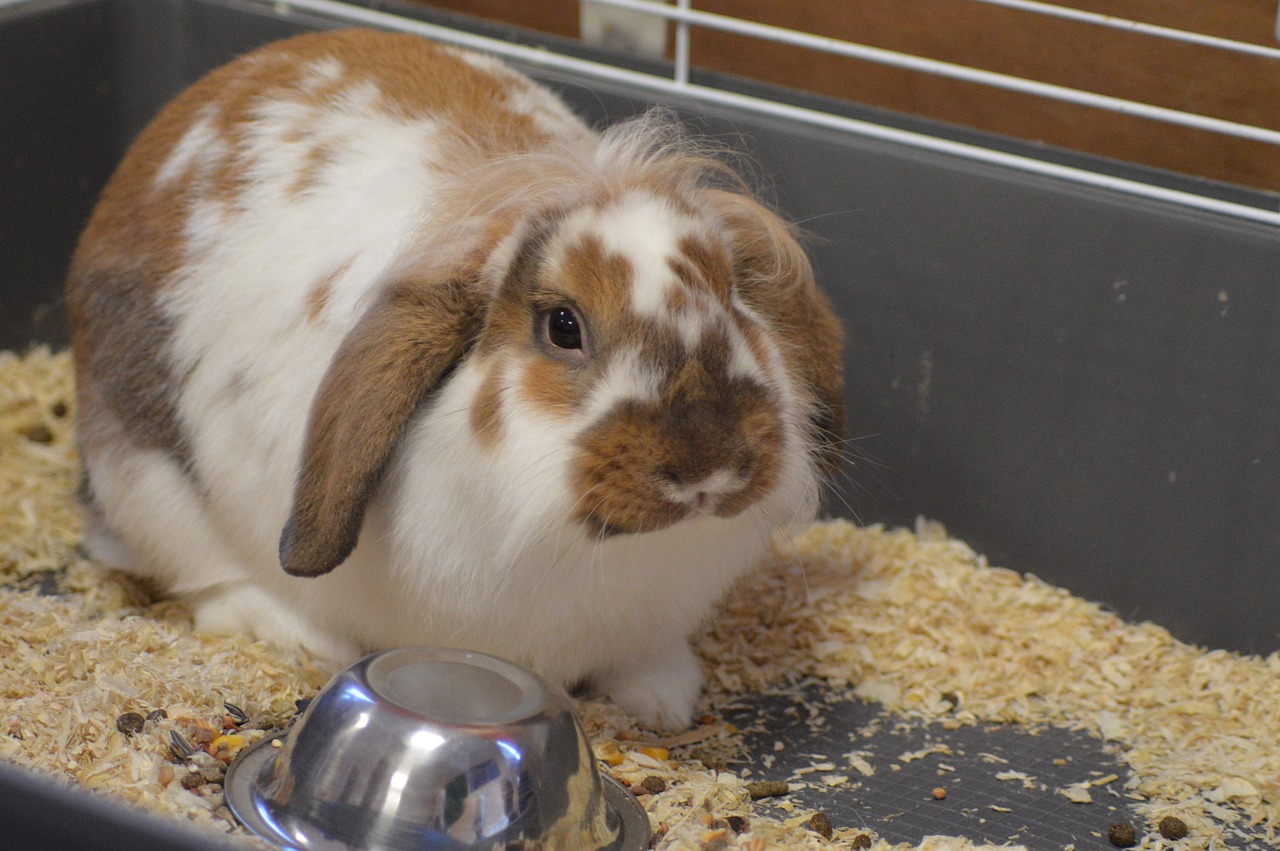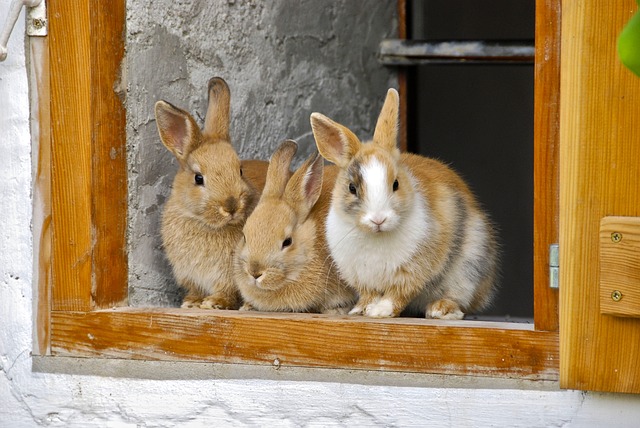Like all other pets, rabbits should also be vaccinated regularly. We strongly recommend rabbit vaccinations. Two viruses are considered most dangerous for rabbits, Calicivirus which is commonly known as Rabbits Haemorrhagic disease virus (RHDV) and Myxomatosis. There is no specific treatment for these terrible diseases, so you should protect your rabbit through rabbit vaccinations.
Pet bunnies can be vaccinated for some strains of Calicivirus. While these rabbit vaccines cannot provide 100% protection it significantly reduces the risk of your rabbit falling victim to this deadly disease. rabbit vaccination boosters are required, please keep up to date and if you’re not sure about the vaccination status of your pet partner, take him to a vet for further discussion. We will discuss how to protect your rabbit from different fatal diseases.
Keeping rabbits as pets
Rabbits as pets are great companions for children and families, however, they have particular housing and dietary needs but once these are met, it becomes quite easy to take care of them. One thing that is most important with all pets is vaccination so rabbit vaccinations should also be prioritised to protect your bunny against deadly diseases.
What can I do to protect my rabbit?
Pet rabbits are vulnerable to highly infectious diseases such as Myxomatosis and RHDV. The following measures are recommended to keep your rabbit safe.
- Keep your bunny indoors, rabbits can be trained and make great indoor pets for families.
- If outdoors, cover their enclosure or hutch with mosquito nets.
- Avoid taking them outside at dawn and dusk to reduce their exposure to blood-sucking insects such as fleas.
- The viruses in rabbits can be transformed through clothing and shoes. So make sure you avoid going to the area where the disease is spread.
- Don’t feed your rabbit outside grass clippings that may have been in contact with wild and infected rabbits.
- Keep your rabbit hutch clean and follow all the hygienic practices.
- Be very careful when introducing a new bunny in the hutch.
- Speak to your vet about the products that can give additional protection to your rabbit.
What is Myxomatosis
Myxomatosis is a virus that affects rabbits and can cause death due to immunosuppression and pseudo-tumours (Myxomas) that appear on the skin. Swollen eyes are also associated with another form of this disease. Generally, this virus is spread through mosquitoes and fleas. On the infected individual rabbit, Myxomatosis can present in several different ways. However, there are two major different presentations of the condition.
- The classic form
- The chronic form
The Classic Form
The classic form of myxomatosis in rabbits is the deadliest. The course of the disease and symptoms are very similar characteristics following a short incubation period, lasting around five days. Affected rabbits develop a mild conjunctivitis and a fever. Within a couple of days, the eyelids swell up and a sticky purulent discharge develops. Similar swelling soon affects other body areas especially the genital area and the face with intense swelling of the nose and both ears. The facial swelling eventually triggers blindness and the swelling around the nose and lips preventing normal eating behaviour. Affected individuals lose weight and condition very quickly. Secondary infection usually develops in the chest causing nasal discharge and severe respiratory difficulties. Rabbits showing these symptoms do die within two weeks of the start of the infection. Treatment is pointless and we recommend to put to sleep affected individuals to avoid unnecessary suffering.
The Chronic Form
The second form of the myxomatosis in rabbits is called the chronic form. The chronic form usually affects vaccinated pet bunnies. It usually affects the rabbits that have acquired some resistance against the infection and we commonly recognize this form in the vaccinated pet bunnies. Unlike the classic form, most rabbits survive this syndrome when adequate supportive care is provided. The symptoms are milder. Instead of being affected by diffused swelling, affected patients develop discrete lumps called Myxomas. Affected areas are pretty much the same, the eyelids, the nose, both ears and the genital area. Those lumps generally dry out and fall off the rabbit skin. When that happens it may leave a mark on the skin or a dent in the eyelids. This however is of little significance and patients usually recover well.
Rabbit Haemorrhagic Disease
The rabbit haemorrhagic disease virus is a causative agent of RHD. It’s been documented on domestic rabbits before documented in wild rabbits which is very concerning. Rabbit haemorrhagic disease is a devastating disease for rabbits. It is highly contagious and has mortality rates of 20% to 40%. Rabbit Haemorrhagic disease virus has two lethal strains, The first strain emerged back in the 80s in China and then spread globally. Since then first strain overshadowed by the dominant and more deadly strain Rabbit haemorrhagic disease virus 2 (RHDV2). Rabbit haemorrhagic disease virus 2 was first detected in France and then spread globally over time.
Rabbit haemorrhagic disease viruses can spread through contact or exposure to an infected rabbit, either their excretions or their blood. This is something you want to pay attention to, especially if you volunteered for a rabbit rescue, animal shelter or wildlife centre where you are constantly dealing with other rabbits that are not your own. The virus can also spread via contaminated materials such as water food clothing that you use. Symptoms of this awful disease are
- Loss of appetite
- Lethargy
- High fever
- Seizures
- Jaundice
- Bleeding
- Difficult breathing
- Sudden death
The incubation period for Rabbit haemorrhagic disease virus 1 is between 2 to 10 days and for Rabbit haemorrhagic disease virus 2 is between 3 to 10 days. Rabbits who do survive this and are carriers of this disease for forty-two days or more. Treatment only includes supportive care and isolation because there is no particular drug or cure for this disease as of now.
Rabbit vaccinations to stop deadly diseases
As there is no particular medicine that can kill the virus, rabbit vaccinations are important. There are different rabbit vaccines available that you can use to protect your rabbits against fatal diseases such as Myxomatosis and Rabbits haemorrhagic disease.
- Combine vaccine offers annual protection against both diseases Myxomatosis and Rabbit Haemorrhagic disease. You can inject a vaccine into a five-week-old rabbit. Another vaccine, for protection against RHDV2, should be given to your rabbit at 10 weeks of age.
- An annual vaccine that can protect your bunny from all three diseases is also available. However, it is not recommended for rabbits who already received a shot of Myxomatosis but not the RHDV2 vaccine.
Also Read: Rabbit Farming Business in Pakistan: A Farmer’s Talk
Frequent Asked Questions
Vaccination is crucial for rabbits because it helps prevent potentially deadly diseases. Rabbits are susceptible to diseases like rabbit hemorrhagic disease (RHD) and myxomatosis, which can be fatal. Vaccination helps boost their immunity and protect them from these diseases.
The primary diseases that rabbits should be vaccinated against are rabbit hemorrhagic disease (RHD) and myxomatosis. Depending on your location and the prevalence of certain diseases, your vet may recommend additional vaccinations for conditions like pasteurellosis.
Rabbits should receive their first vaccinations at around 5-6 weeks of age. Booster shots are typically administered annually, but the specific vaccination schedule may vary depending on the vaccine used and regional disease prevalence. Consult your vet for a suitable vaccination plan.
Most rabbit vaccinations are safe, but some rabbits may experience mild side effects, such as swelling at the injection site, lethargy, or a temporary loss of appetite. Serious adverse reactions are very rare but can occur. Always consult your veterinarian about the risks and benefits of vaccination for your rabbit.
It’s strongly recommended to have your rabbit vaccinated by a qualified veterinarian. Veterinarians can assess your rabbit’s overall health, provide the appropriate vaccinations, and offer guidance on the best vaccination schedule and any additional preventive care your rabbit may need.



